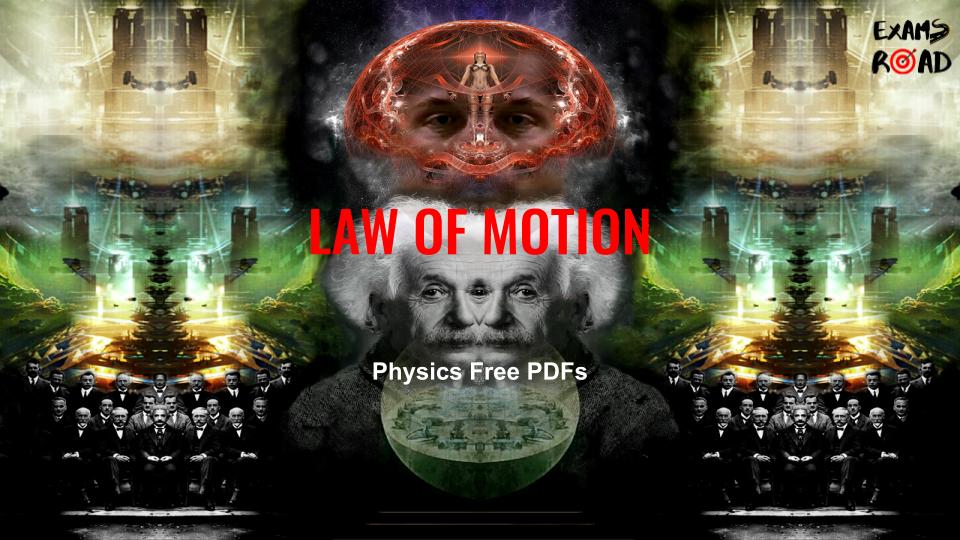JEE Maths Quiz on Binomial Theorem and Mathematical Induction
JEE Maths Quiz on Binomial Theorem and Mathematical Induction : In this article you will get to Online test for JEE Main, JEE Advanced, UPSEE, WBJEE and other engineering entrance examinations that will help the students in their preparation. These tests are free of cost and will useful in performance and inculcating knowledge. In this post we are providing you quiz on Binomial Theorem and Mathematical Induction
Quiz on Binomial Theorem and Mathematical Induction
Q1. In the polynomial (x − 1) (x − 2) (x − 3) . . . . . (x − 100), what is the coefficient of x99? b) – 5050 Solution: (x − 1) (x − 2) (x − 3) . . . . . (x − 100) Number of terms = 100 Coefficient of x99 = (x − 1) (x − 2) (x − 3) . . . . . (x − 100) = (−1 −2 −3 −. . . . . . −100) = − (1 + 2 + . . . . . +100) = − [100 * 101 / 2 = – 5050
a) 5050
b) – 5050
c) 4040
d) – 4040
Q2. If (1 + ax)n = 1 + 8x + 24x2 +…., then the value of a and n are ________. b) a = 2 and n = 4
a) a = -2 and n = 4
b) a = 2 and n = 4
c) a = 4 and n = 6
d) a = 8 and n = 2
Q3. If the coefficient of x7 in (ax2 + [1/bx])11 is equal to the coefficient of x−7 in (ax − 1/bx2)11, then ab = __________. b) 1
a) -1
b) 1
c) 2
d) -2
Q4. In the expansion of (x + a)n, the sum of odd terms is P and sum of even terms is Q, then the value of (P2 − Q2) will be _________. c) (x2 − a2)n Solution: (x + a)n = xn + nC1xn−1 a + . . . . . = (xn + nC2xn−2a2 + . . . . . . . + (nC1xn−1a + nC3xn−3a3 + . . . . .) = P+Q (x − a)n = P − Q As the terms are altered, P2 − Q2 = (P + Q) (P − Q) = (x + a)n (x − a)n P2 − Q2 = (x2 − a2)n
a) (x3 − a2)n
b) (x2 − a2)2
c) (x2 − a2)n
d) (xn − an)2
Q5. (1 + x)n − nx − 1 is divisible by (where n∈N) b) x2 (1 + x)n = 1 + nx + ([n (n − 1)] / [2!]) * x2 + ([n (n − 1) (n − 2)] / [3!]) * x3 + . . . . . (1 + x)n − nx − 1 = x2 [([n (n − 1)] / [2!]) + ([n (n − 1) (n − 3)] / [3!]) * x + . . . . .] From above it is clear that (1 + x)n − nx − 1 is divisible by x2. Trick: (1 + x)n − nx − 1, put n = 2 and x = 3; Then 42 − 2 * 3 − 1 = 9 is not divisible by 6, 54 but divisible by 9, which is given by option (b) i.e., x2 = 9.
a) 2x
b) x2
c) 2x3
d) All of these
Q6. The approximate value of (1.0002) 3000 is __________. b) 1.6 Solution: (1.0002) 3000 = (1 + 0.0002) 3000 = 1 + (3000) (0.0002) + ([(3000) (2999)] / [1.2]) * (0.0002)2 = 1 + (3000) (0.0002) = 1.6
a) 1.8
b) 1.6
c) 1.9
d) 1.7
Q7. The digit in the unit place of the number (183!) + 3183 is _____. b) 7 We know that n! terminates in 0 for n³ at 5 and 34n terminator in 1, (because 34 = 81) Therefore, 3180 = (34)45 terminates in 1. Also 33 = 27 terminates in 7 3183 = 3180 * 33 terminates in 7. 183! + 3183 terminates in 7 i.e. the digit in the unit place = 7
a) 5
b) 7
c) 9
d) 11
Q8. If the three consecutive coefficients in the expansion of (1 + x)n are 28, 56 and 70, then the value of n is ______. d) 8 Solution: Let the three consecutive coefficients be nCr−1 = 28, nCr = 56 and nCr+1 = 70, so that nCr / nCr−1 = [n − r + 1] / [r] = 56 / 28 = 2 and nCr+1 / nCr = [n − r] / [r + 1] = 70 / 56 = 5 / 4 This gives n + 1 = 3r and 4n − 5 = 9r 4n − 5 / n + 1 = 3 ⇒ n = 8
a) 2
b) 4
c) 6
d) 8
Subject-wise Tricks Tips & Question with Solution PDFs
| S.NO | Subject Name | Topic-wise PDFs Download Link |
| 1. | Chemistry Notes PDF | Click Here to Download Now |
| 2. | Maths Notes PDF | Click Here to Download Now |
| 3. | Physics Notes PDF | Click Here to Download Now |
| 4. | Biology Notes PDF | Click Here to Download Now |
|
|
|
| https://www.facebook.com/ExamsRoadOfficial | |
| Telegram | https://telegram.me/ExamsRoad |
| https://twitter.com/ExamsRoad | |
| https://www.instagram.com/ExamsRoad/ | |
| YouTube | Click Here To Subscribe Now |
Thank You.
By TEAM ExamsRoad.com


















